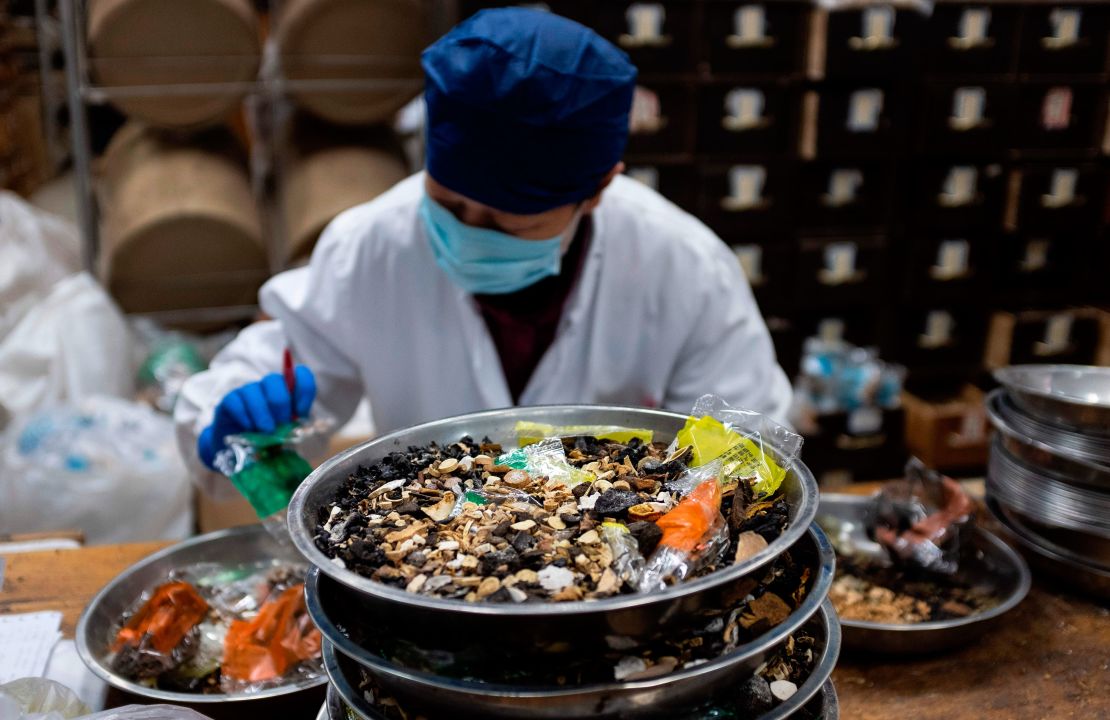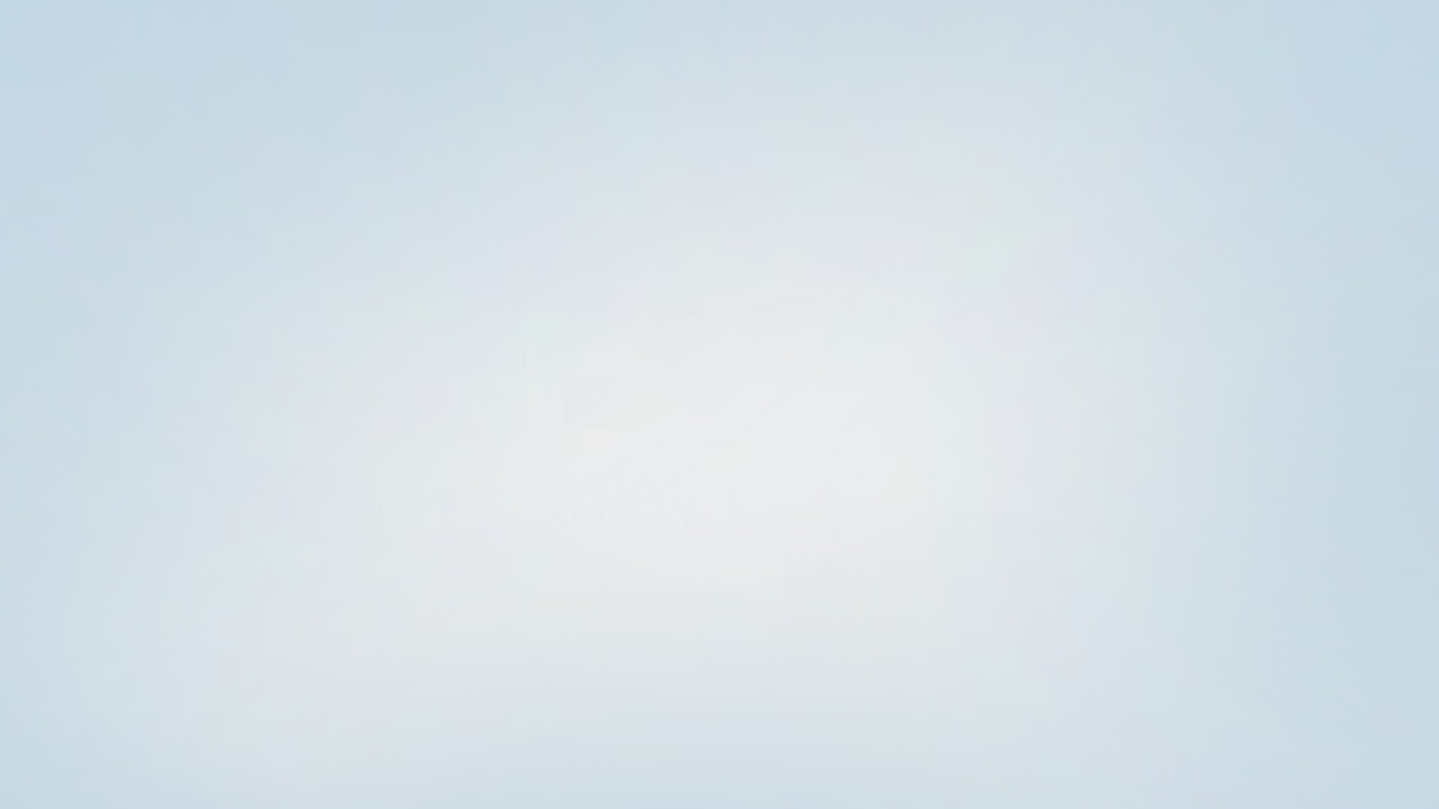Herbs to increase breast milk supply and heal the spleen. Traditional remedies which promise to cure insomnia and acne. Secret cancer treatments that have been ignored or suppressed by Western medicine.
Practitioners of Traditional Chinese Medicine (TCM) have a long history of making outsized claims, not least in the case of fertility and virility, where demand for tiger penis and rhino horn has devastated wild populations.
Quackery and false claims exist in all branches of medicine, but doctors in Europe are concerned that unverified claims made under the guise of TCM are being spread worldwide by social media, inadvertently aided by the World Health Organization (WHO).
Two leading European scientific and medical bodies say the WHO has legitimized all forms of Traditional Chinese Medicine by including TCM in the upcoming edition of the International Statistical Classification of Diseases and Related Health Problems (ICD), a hugely influential compendium used by health practitioners around the globe.
The inclusion of TCM “may lead some to see it as a legitimization of what are actually unfounded claims,” warned the European Academies’ Science Advisory Council (EASAC) and the Federation of European Academies of Medicine (FEAM) in a joint statement this month.
“There is risk in misleading patients and doctors and in increasing pressures for reimbursement by public health systems at a time of limited resources,” the statement said.
More broadly, there is growingconcern that people who turn to the internet for home remedies could expose themselves to serious harm. For example, black salve, which claims to treat tumors but actually burns flesh and can leave people with horrific disfigurements.
“Social media now makes it very easy to get hold of (misleading information),” said George Griffin, a professor of Infectious Diseases and Medicine at St. George’s, University of London. “Unscrupulous people who wish to sell these products can easily put things on social media without any formal verification.”

Unscientific medicine
One of the basic principles of Traditional Chinese Medicine, as it is usually defined, is that vital energy, or qi, circulates through channels in the body which connect to various organs and functions. TCM therapies, such as cupping, acupuncture or herbal treatments, seek to activate these channels, or balance someone’s qi.
Though the methods have been in use for hundreds of years, critics argue that there is no verifiable scientific evidence that qi actually exists.
While the TCM industry is worth an estimated $130 billion in China alone – and the country’s leaders have thrown themselves behind promoting the practice – it has until recently largely struggled to gain widespread acceptance outside of east Asia.
The sheer range of claimed benefits of some forms of TCM can be staggering. In a review of acupuncture alone, the Society for Science-Based Medicine, a US-based pressure group, found practitioners offering treatments for everything from cancer, stroke, Parkinson’s, and heart disease, to asthma and autism.

In 2009, researchers at the University of Maryland surveyed 70 systematic reviews of traditional medicines, including acupuncture, herbal treatments and moxibustion, the burning of herbs near the skin. They found that no studies demonstrated a solid conclusion in favor of TCM due to the sparsity of evidence or the poor methodology of the research.
This lack of scientific rigor has created space for often outlandish claims about TCM’s capabilities in treating certain disorders – something boosted by the handful of TCM-related treatments which have been scientifically proven to be beneficial. In 2015, Chinese scientist Tu Youyou won the Nobel Prize in medicine for her work on malaria which drew on traditional practices and folklore.
Other products derived from herbs used in TCM have also shown benefits in scientifically-controlled experiments, vindicating TCM in the eyes of many practitioners, and there have been calls for renewed research in this area, as well as on other ancient remedies that might hold clues to future medical advances.
What concerns many scientists and doctors, however, is that instead of these experiments and findings boosting the reputation of an individual medicine, they are often held up as proof of the validity of the entire field of TCM, much of which has no basis in science and can be potentially dangerous.
“Treatments included within the wide TCM category are very different from one another,” the European doctors said. “They can only be considered to form a group of therapies from the perspective of history/ethnology (‘traditional’) and geography (Chinese).”
Griffin, who helped draft the joint European statement, told CNN that “our concern is that in having this in the ICD, people who aren’t critical, who aren’t medical or scientific, they may take this as a sign the WHO has full confidence in Traditional Chinese Medicine.”
A spokesman for the WHO said earlier this year that the inclusion of TCM in the new guidelines, was “not an endorsement of the scientific validity of any traditional medicine practice or the efficacy of any traditional medicine intervention.”
Despite this, Dan Larhammer, president of EASAC, an umbrella body representing the national science academies of EU Member states, as well as Norway and Switzerland, said that it was “very likely that it will be interpreted this way by TCM proponents.”
China’s state-run news agency Xinhua seemed to confirm concerns about the move being interpreted as an endorsement by declaring it was “a major step for Traditional Chinese Medicine going global.”

Dubious claims
On Facebook and YouTube, dubious claims about the effectiveness of using TCM products in treating cancer and other major disorders are readily available. One page boosting TCM, “The Truth About Cancer,” has more than 1.3 million likes on Facebook, and encourages users to follow along on a tour through Asia searching for alternative treatments.
“What if effective, proven, inexpensive cancer therapies were available to you? Would you choose them over toxic chemo and radiation?” Truth About Cancer says. “There is ample evidence to support the allegation that the ‘war on cancer’ is largely a fraud and that multinational pharmaceutical companies are ‘running the show’.”
The Truth About Cancer did not respond to a request for comment. Many other pages on Facebook make similar claims, both about the potential effectiveness of TCM, and against mainstream medical practices.
Tech companies have begun cracking down on misleading medical claims. In September, Google announced it was prohibiting “advertising for unproven or experimental medical techniques such as most stem cell therapy, cellular (non-stem) therapy, and gene therapy,” and Facebook too has vowed to “minimize health content that is sensational or misleading.”

While Facebook and Google have been praised for their recent efforts, the crackdown has had limited effect. On both Facebook and YouTube – owned by Google parent Alphabet – quack health cures still abound. Their prevalence has coincided with the continued rise of the anti-vaccination movement, which has had major negative effects on public health in some countries.
While many patients may see benefits in using alternative treatments, including TCM, alongside other medicine, risks arise when people avoid intervention because they are treating themselves with unscientific cures.
Most notably, Apple founder Steve Jobs repeatedly ignored doctors’ recommendations on how to treat the cancer that eventually killed him, choosing instead to use acupuncture and herbal remedies.
TCM products are not necessarily harmless either. A comprehensive review of medicines and health products being sold under the TCM label in Hong Kong last year found that many were “severely compromised by the practice of adulteration,” with potentially serious side effects, while in some cases, acupuncture has been linked to organ and tissue injuries, infection and other adverse reactions.
“The most important risk is that people and patients rely on unproven methods and refrain from using evidence-based methods,” said Larhammer, the EASAC president.
“Patients lose time and money by relying on useless methods that can, at best, provide placebo response which is usually transient. Some alternative medicine methods, including TCM, involve side effects, especially herbal extracts.”




